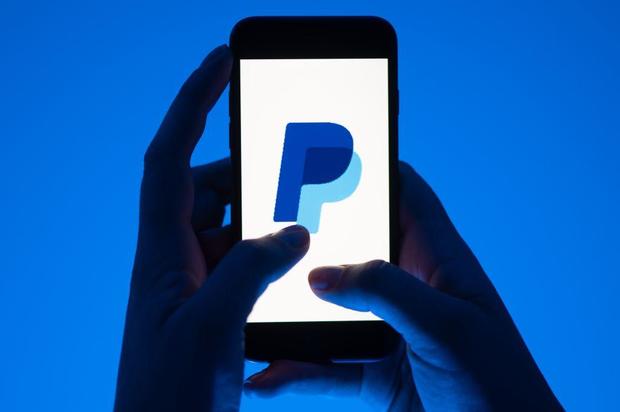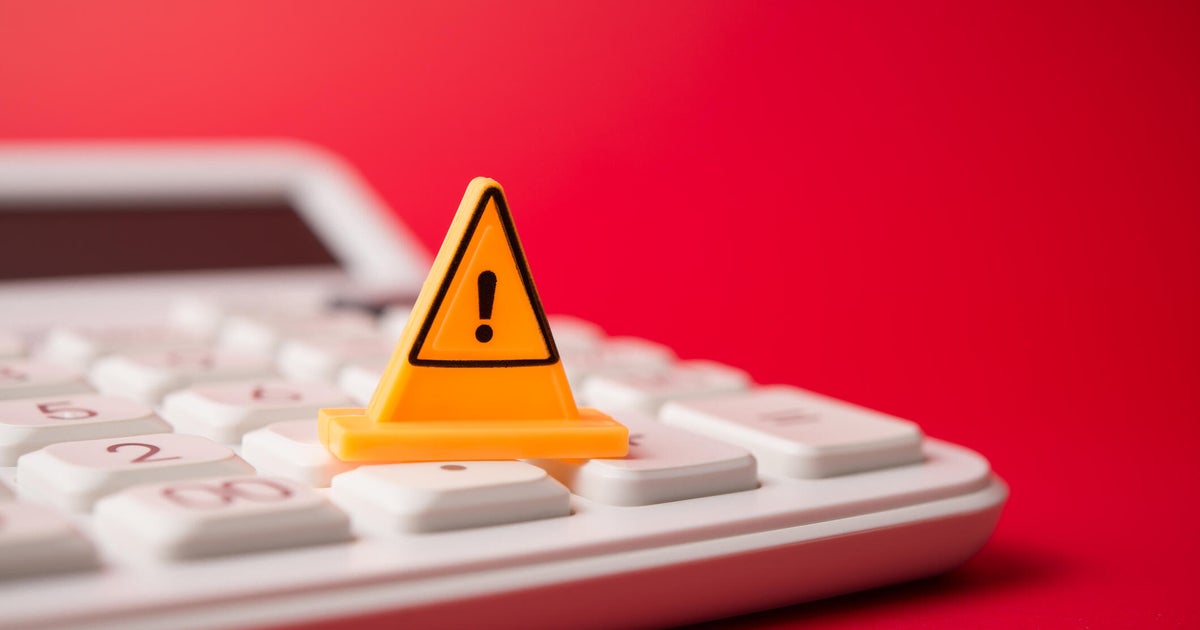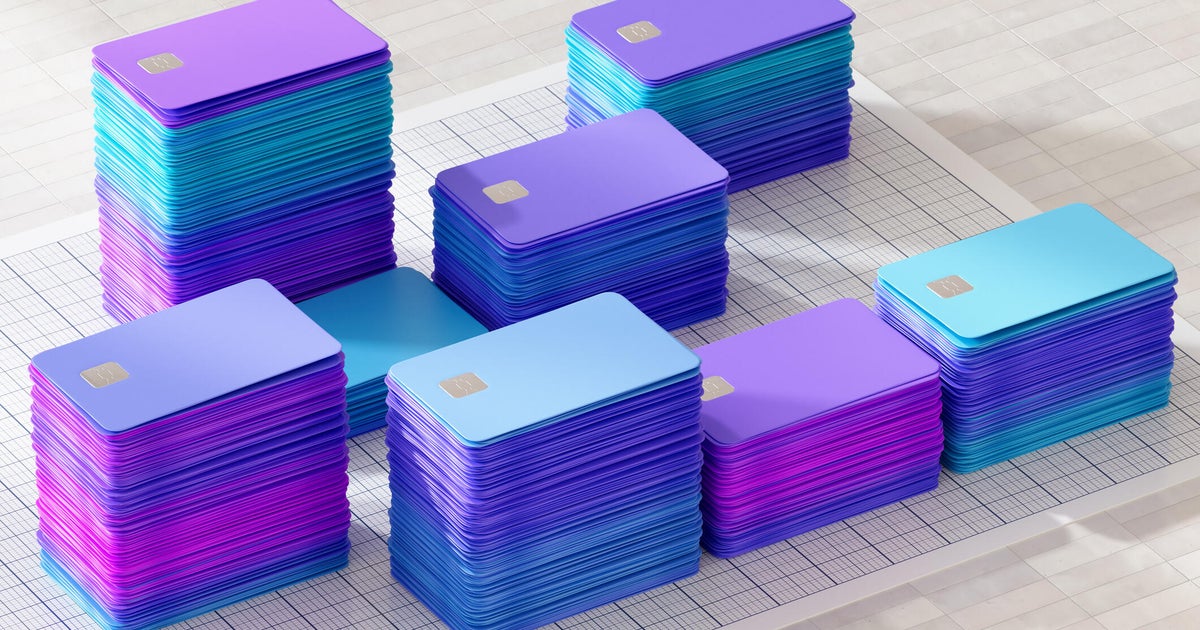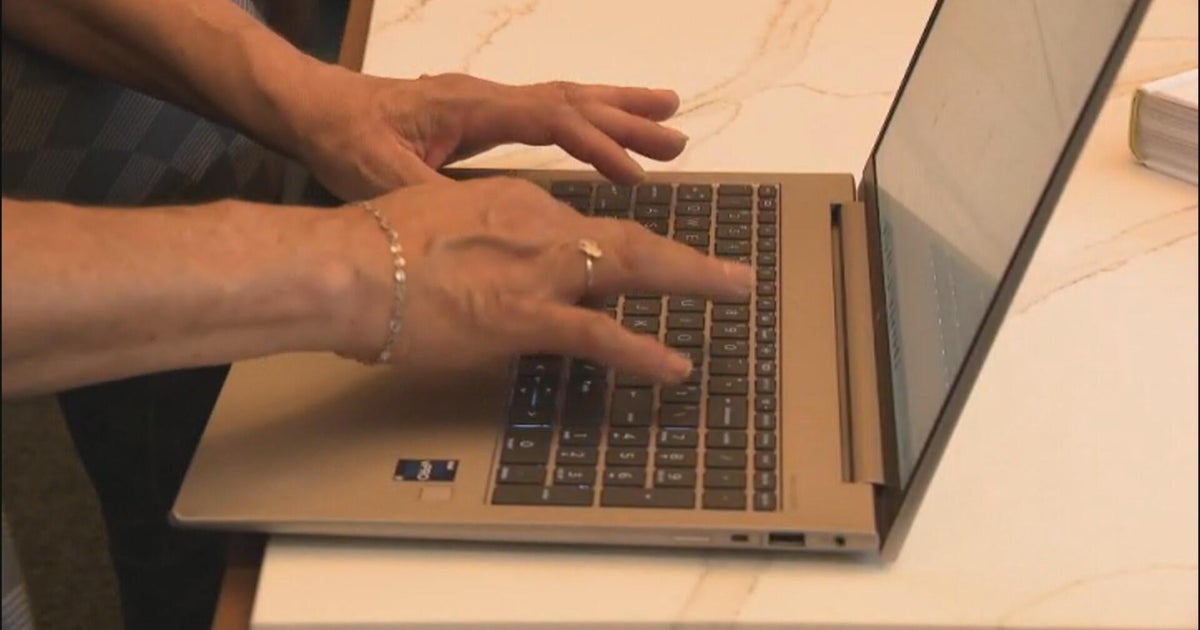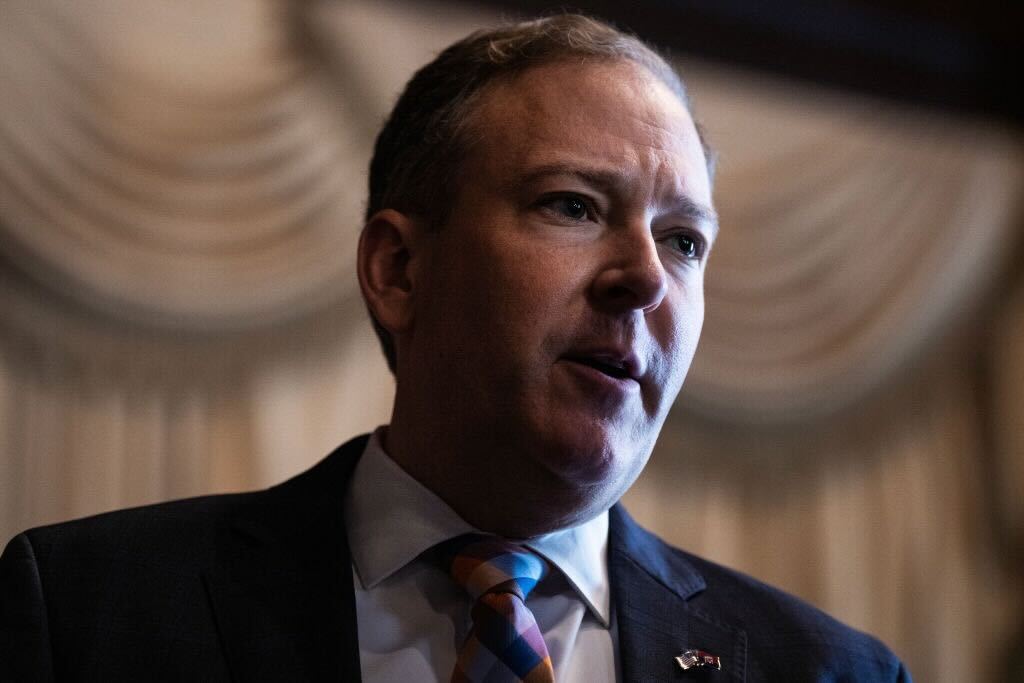A guide to PayPal for managing your money
PayPal, which also owns the popular payment app Venmo, is one of the oldest and most widely used digital money transfer services. It acts as an intermediary between your source of funds and that of the recipient, such as a friend or merchant. Last year, consumers across more than 200 markets used 392 million PayPal accounts to buy goods and services or send money to friends and family around the world. About 34 million merchants accepted payment via PayPal.
Through PayPal, you can move money online without sharing banking or credit card information with the recipient. The basic personal service is free for most transactions. Founded in 1998, PayPal isn't a bank. But it now provides many bank-like services through partnerships with banks, such as credit and debit cards, bill pay and direct deposit. Other features include QR codes.
PayPal offers different kinds of credit, including a Buy Now, Pay Later service. PayPal also offers a cash-back credit card as well as a prepaid card Mastercard and a debit card.
If you're thinking of using PayPal's credit services, consider speaking with a financial adviser who can help you make the best financial decisions.
How does PayPal work?
PayPal acts as an intermediary between your money and a merchant. It securely connects to a bank account or credit card. You then use your PayPal account to shop.
You don't need a bank account or credit card to receive money in your PayPal account. But to send money to family and friends or withdraw funds, PayPal will ask you to link a bank account.
What fees does PayPal charge for transactions?
Using a personal PayPal account is free in most cases if you want to send or receive money, donate or pay for things through a PayPal account inside the U.S.
PayPal does charge foreign currency fees when you send money to friends and family outside the U.S. There are also some fees for other convenient personal transactions.
For example, PayPal charges 2.9% per transaction if you use funds from a credit card instead of a bank account. And there's a 1.5% fee to transfer money out of your account instantly instead of waiting a few days when PayPal sends it for free.
PayPal also charges fees for a variety of services beyond the basic free PayPal personal account. For instance, there are fees for different kinds of credit. Be sure to check the terms and annual percentage rate, or interest charges for each credit service, which are run by PayPal's banking partners.
What is a PayPal Balance account?
A Balance account (previously called a PayPal Cash or Cash Plus) lets you store funds in your Paypal account that you can spend, send or hold for future purchases. You can also access PayPal's other offerings including credit cards, a debit card and a prepaid card through the Balance account.
Through the Balance account, you can use direct deposit, scan a check with the PayPal app and use the PayPal Cash Card to spend or withdraw from your PayPal balance.
The Balance personal account doesn't pay interest and isn't directly insured by the Federal Deposit Insurance Corporation (FDIC), though funds are indirectly covered if you have a PayPal Cash Card, enroll in direct deposit or buy cryptocurrency.
If you're looking for an account that could earn interest, you have multiple options to pursue.
Who can I use PayPal with?
There are several people and places that will accept PayPal as a payment method, including:
- Merchants: If a merchant accepts PayPal checkout, you can use it to pay for goods and services.
- Friends and family: You can send money to most friends and family that also have PayPal accounts without a transaction fee unless you need to translate
- Employees or contractors: You can pay contractors or employees with a PayPal business account, which is different from a consumer account. PayPal considers that a "commercial transaction" and it comes with its own set of fees.
Can I get paid via PayPal?
Yes. You can set up a direct deposit through a PayPal Balance account. PayPal also offers a check cashing service through First Century Bank and Indigo money, subject to terms and conditions from those banks.
Can I sell merchandise through PayPal?
If you own a business and want to accept PayPal, you should create a PayPal business account.
While you can sell things via a personal account, a business account offers a wide variety of protections and services. This year, the Internal Revenue Service changed requirements for reporting the sale of goods and services to $600 from 2021's $20,000. This applies only to sales of goods and services. So check the IRS or PayPal's website carefully.
